Micaiah Johnson’s world-bending futuristic debut novel, The Space Between Worlds, is a powerful examination of privilege and belonging. This Book Of the Month pick author was kind enough to sit with us for just a few minutes in this world and bring us inside the last 4 years of writing her book.
What was the inspiration behind The Space Between Worlds?
When I started writing the book – which I think was super creatively called “Multiverse Book” until my agent got her hands on it – in October 2016 I thought I was writing a book about the desert and climate and endurance. Then November 2016 happened and I realized I was writing a book about travel bans and racist geographies. I keep saying this novel is like a funhouse mirror of the political climate and as the world shifted so did the reflection.
Your story touches on important themes like identity, privilege and belonging. What made you choose a dystopian future as the setting to explore these topics?
There is this Brian Greene quote I use as my first epigraph that’s essentially there’s a version of yourself that is reading this along with you, a version of yourself that has already stopped reading, and a version of yourself that is waiting in a dark alley – implying that last version of yourself is a criminal. At this point we know that criminality isn’t inherited, it’s driven by inequality, so I started to ask myself which societal pressures would have had to work differently on that self to get you there. Was your “dark alley” self born in the wrong zipcode? Did their parents lose their job at precisely the wrong time? Was their country under incompetent leadership during a global pandemic, creating a generation forced into the extralegal economy? Basically, I wanted to show that poverty is not a product of morality or intelligence, it’s a product of chance, and the kaleidoscope of possibilities made visible by a Science Fiction future was the perfect place to demonstrate that.
What authors and books inspired your writing of this novel?
The world is so tired of hearing me talk about Toni Morrison and NK Jemisin, so I’ll go Rivers Solomon and Danez Smith. In An Unkindness of Ghosts, Solomon did so much with their setting, but then had such a thoughtful and introspective protagonist that character never lost to spectacle. That is such a difficult balance to strike while still keeping a novel entertaining, and I can only hope I did it half as well. Similarly, Danez Smith has a way of using the imagination as medicine for racial violence that I can only ever poorly emulate by comparison. In Summer, Somewhere they do the work of imagining an alternate world where the power of white supremacy is forced out by the power of black joy.
What book do you recommend we pick up next?
Danez Smith is just the G.O.A.T. If you read poetry and somehow missed their collection Don’t Call Us Dead, I don’t know what to tell you. Go get your life, and pick up Homie too.
About The Space Between Worlds
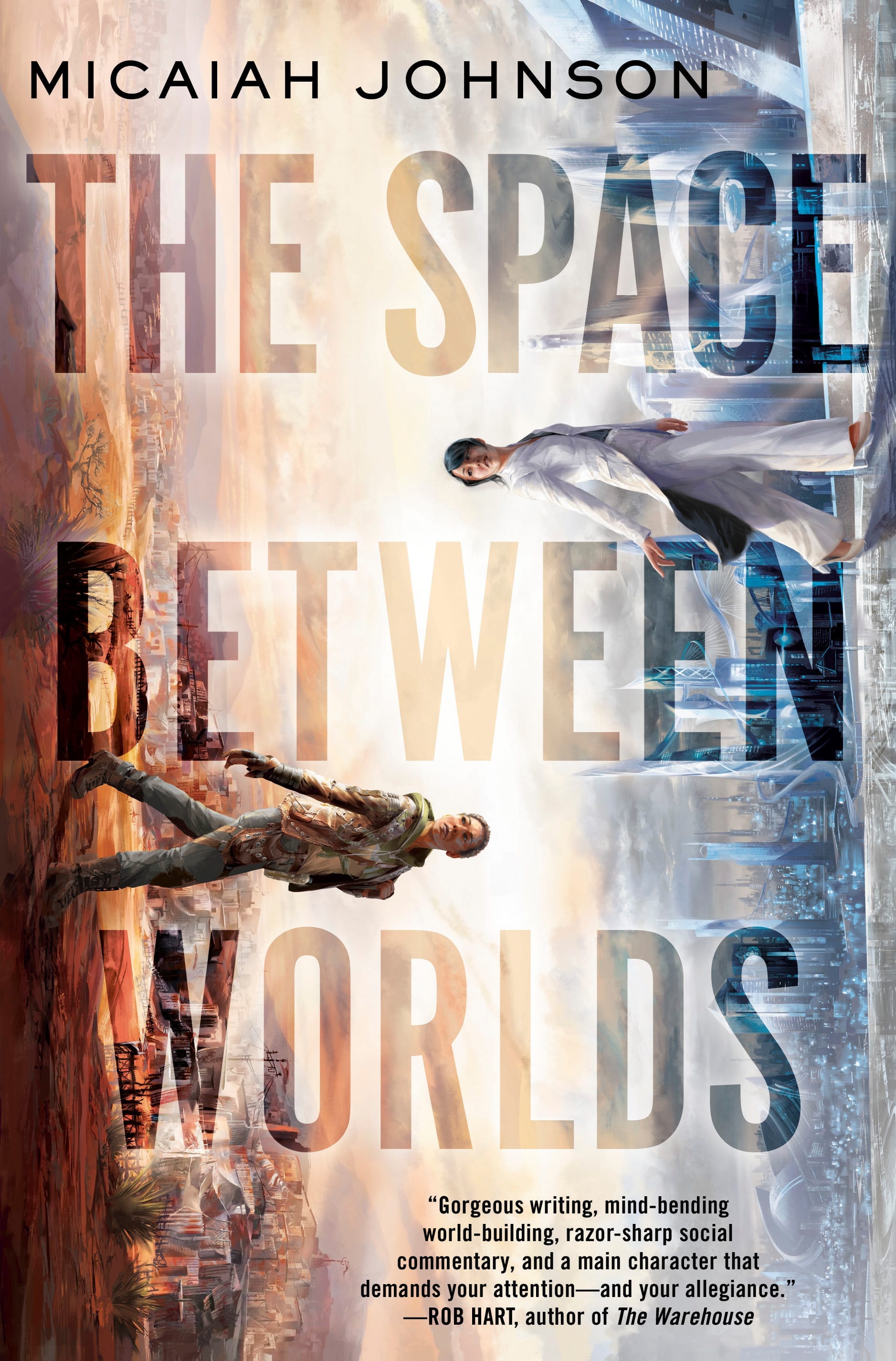
An outsider who can travel between worlds discovers a secret that threatens the very fabric of the multiverse in this stunning debut, a powerful examination of identity, privilege, and belonging.
Multiverse travel is finally possible, but there’s just one catch: No one can visit a world where their counterpart is still alive. Enter Cara, whose parallel selves happen to be exceptionally good at dying—from disease, turf wars, or vendettas they couldn’t outrun. Cara’s life has been cut short on 372 worlds in total.
On this dystopian Earth, however, Cara has survived. Identified as an outlier and therefore a perfect candidate for multiverse travel, Cara is plucked from the dirt of the wastelands. Now what once made her marginalized has finally become an unexpected source of power. She has a nice apartment on the lower levels of the wealthy and walled-off Wiley City. She works—and shamelessly flirts—with her enticing yet aloof handler, Dell, as the two women collect off-world data for the Eldridge Institute. She even occasionally leaves the city to visit her family in the wastes, though she struggles to feel at home in either place. So long as she can keep her head down and avoid trouble, Cara is on a sure path to citizenship and security.
But trouble finds Cara when one of her eight remaining doppelgängers dies under mysterious circumstances, plunging her into a new world with an old secret. What she discovers will connect her past and her future in ways she could have never imagined—and reveal her own role in a plot that endangers not just her world, but the entire multiverse.
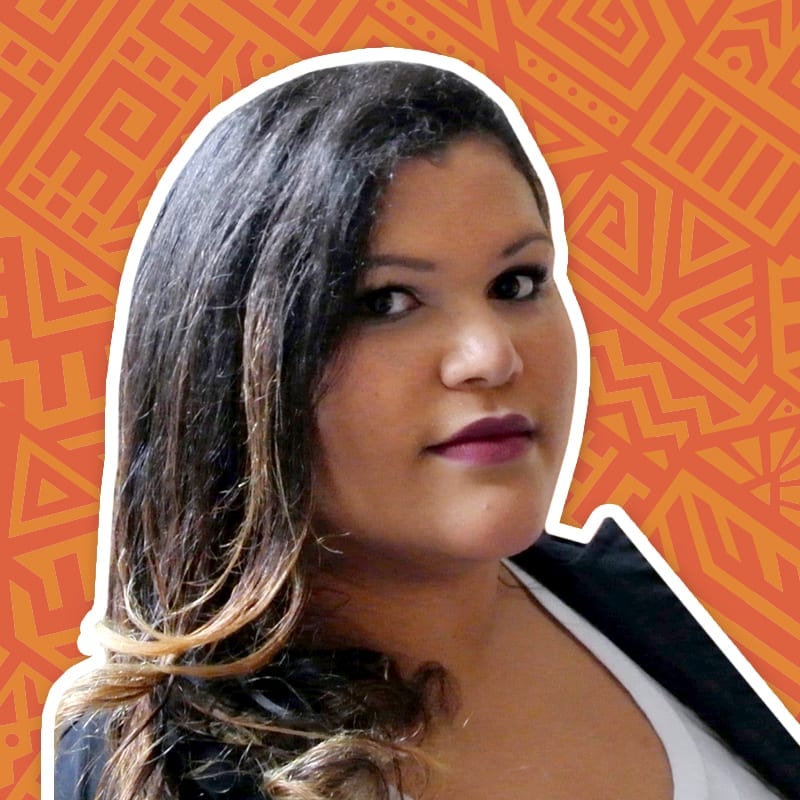
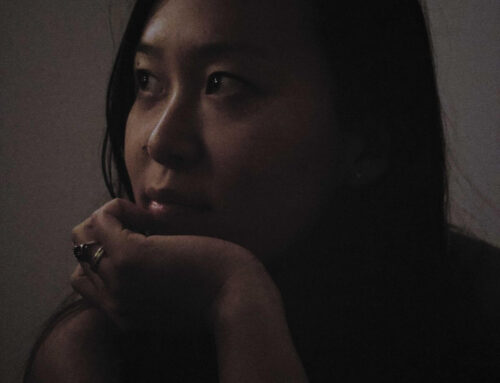
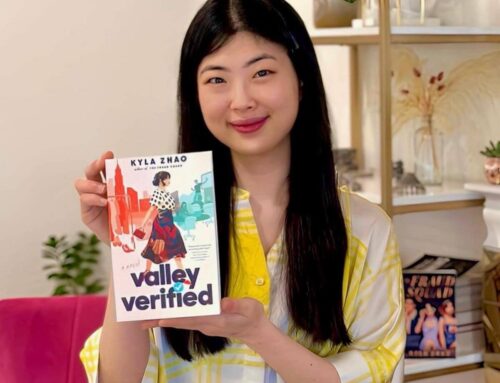
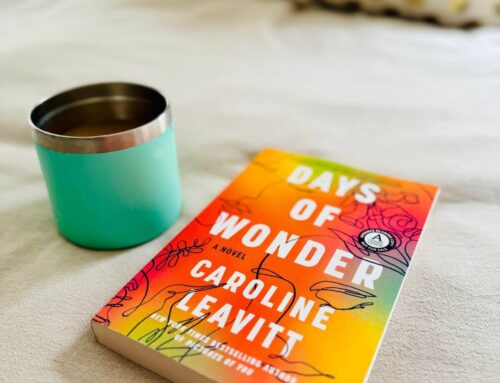
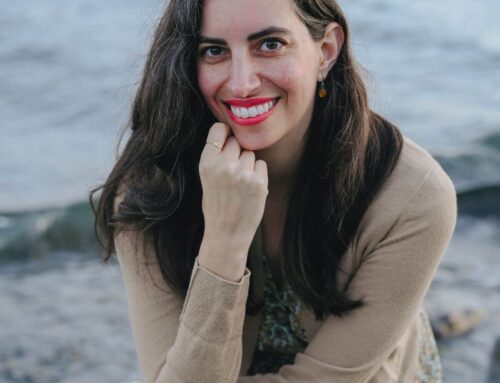
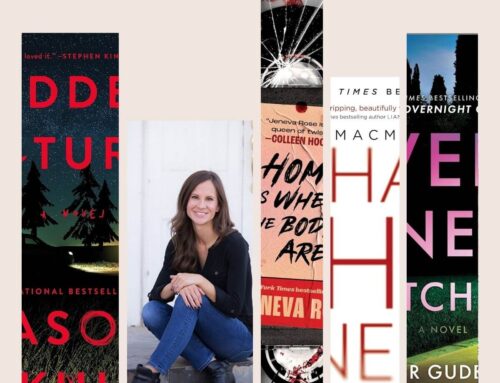
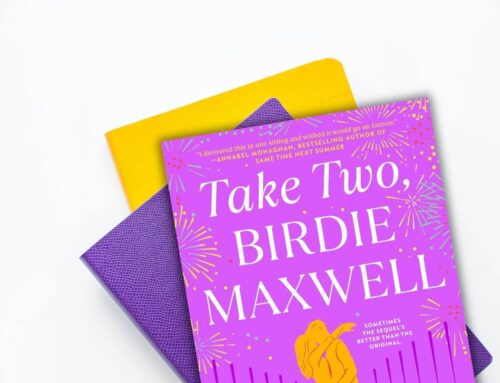
Leave A Comment